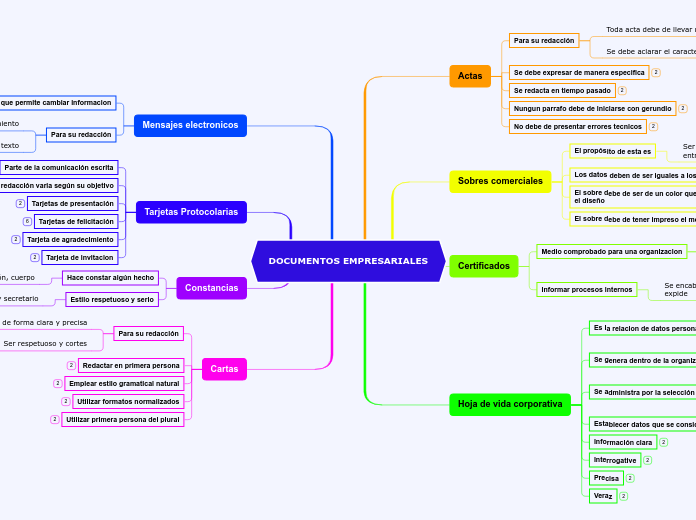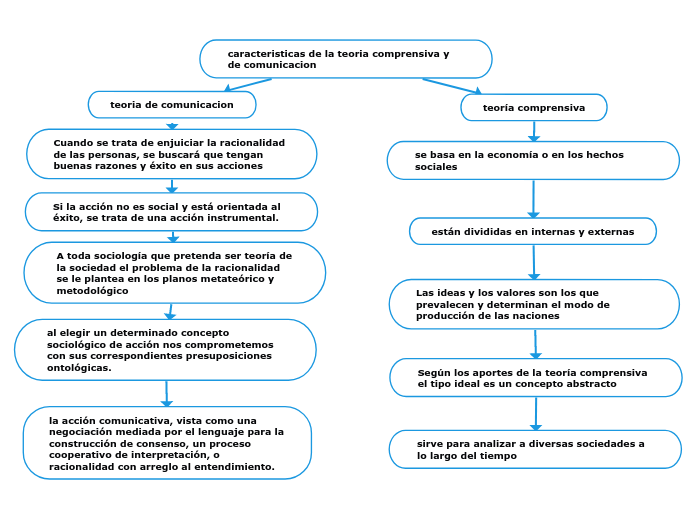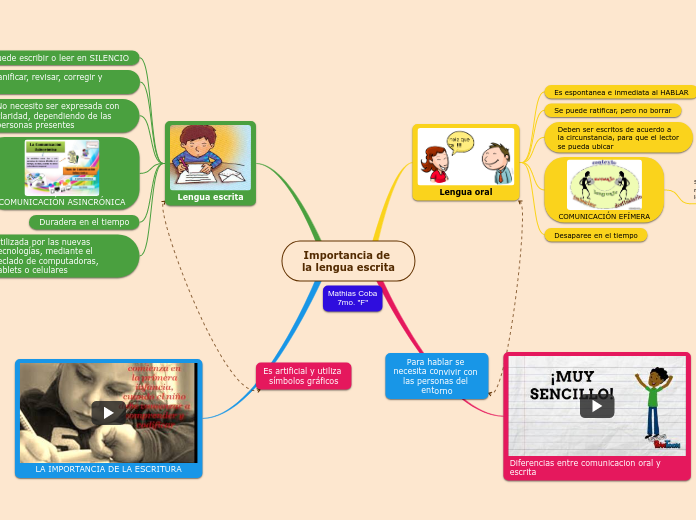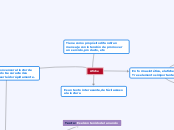DOCUMENTOS EMPRESARIALES
The part of speech is a category to which a word is assigned according to its syntactic functions. In English the main parts of speech are noun, pronoun, adjective, determiner, verb, adverb, preposition, conjunction, and interjection.
Cartas
A preposition is one of the most exciting parts of grammar. A preposition is used to describe the location of something in relation to something else.
Utilizar primera persona del plural
A group of words used with the force of a single preposition is called phrase preposition.
according to, by means of, owing to, with a view to, in place of, in front of, etc.
Utilizar formatos normalizados
Participle preposition consists of words that end in “ing”.
regarding, barring, concerning, considering, etc.
Emplear estilo gramatical natural
When a preposition consists of more than one word, it is called double preposition.
into, within, upto etc.
Redactar en primera persona
Compound preposition consists of two or more words.
on behalf of, according to, in front of, from across, etc.
When a preposition consists of one word it is called single or simple preposition.
Ser respetuoso y cortes
Tratar un solo tema de forma clara y precisa
Constancias
An interjection is used to express emotion in a sentence.
Think of other interjections!
Estilo respetuoso y serio
Firmas de jefe y secretario
Hace constar algún hecho
Introducción, cuerpo
Tarjetas Protocolarias
An adverb is used to describe a verb, but it can also describe an adjective or another adverb.
Adverbs normally help paint a fuller picture by describing how something happens.
Tarjeta de invitacion
Especially, Specifically, Merely, Either
Tarjeta de agradecimiento
A lot, Little, Much
Tarjetas de felicitación
The intensifiers strengthen adverbs adjectives and adverbs and down- toners make them weaker.
down-toners
Fairly, Rather
intensifiers
Extremely, Very
Tarjetas de presentación
Just, Afterward, Soon, Currently
La redacción varia según su objetivo
Always, usually, Never
Parte de la comunicación escrita
Mensajes electronicos
A numeral is a word or phrase that describes a numerical quantity.
Some theories of grammar use the word 'numeral' to refer to cardinal numbers that act as a determiner to specify the quantity of a noun, for example the 'two' in 'two hats'.
Cuerpo del texto
Encabezamiento
Sistema que permite cambiar informacion
Hoja de vida corporativa
A pronoun is a word that can be used in place of a noun, typically after the noun itself has already been stated.
Veraz
Unlike demonstrative pronouns, which point out specific items, indefinite pronouns are used for non-specific things. This is the largest group of pronouns. All, some, any, several, anyone, nobody, each, both, few, either, none, one, and no one are the most common.
None, Several
Precisa
Relative pronouns are used to add more information to a sentence. Which, that, who (including whom and whose), and where are all relative pronouns.
Which, Where
Interrogative
Interrogative pronouns are used in questions. Although they are classified as pronouns, it is not easy to see how they replace nouns. Who, which, what, where, and how are all interrogative pronouns.
Which, Who
Información clara
Reciprocal pronouns are used for actions or feelings that are reciprocated. The reciprocal pronouns are each other and one another.
Each other, one another
Establecer datos que se consideren necesarios
A reflexive pronoun ends with ...self or ...selves and refers to another noun or pronoun in the sentence (usually the subject of the sentence). The reflexive pronouns are myself, yourself, herself, himself, itself, ourselves, yourselves, and themselves.
Itself, Himself
Se administra por la selección de organización
Demonstrative pronouns are used to demonstrate (or indicate). This, that, these, and those are all demonstrative pronouns.
Encargada del centro de talento
Encargada de gestión humana
Se genera dentro de la organizacion
Possessive pronouns are used to show possession. The possessive pronouns are mine, yours, his, hers, ours, and theirs.
His, Your
Es la relacion de datos personales
The personal pronouns are I, you, he, she, it, we, they. More often than not (but certainly not always), they replace nouns representing people.
Académica, y de experiencia
Informacion laboral
Certificados
An adjective is a word that's used to describe a specific noun and to provide more detail to the listener.
Informar procesos internos
Superlative adjectives demonstrate a higher level of comparison between entities.
Se encabeza con el nombre de la persona que lo expide
Medio comprobado para una organizacion
Expresses a comparison between two entities or groups of entities in quality or degree.
y concisa
Redactar de forma precisa
Sobres comerciales
A noun is defined as a person, place, thing or idea. Proper nouns always begin with a capital letter. Common nouns, which are general words, such as 'cars,' are not capitalized.
El sobre debe de tener impreso el membrete
Compound nouns are words where two nouns have been stuck together to make a new noun. Compound nouns should be written as one word, without a hyphen.
Candlestick
El sobre debe de ser de un color que coincida con el diseño
A noun which refers to a group of things/people.
Family, Class
Los datos deben de ser iguales a los consignados
Countable nouns are nouns that can be counted, even if the number might be extraordinarily high.
Uncountable nouns are nouns that come in a state or quantity which is impossible to count; liquids are uncountable, as are things which act
like liquids.
Cats, Rain
El propósito de esta es
Proper nouns are the names of specific people or places. They should always begin with a capital letter.
Ser la cubierta de los documentos para su entrega
Actas
A verb is an action word or 'doing' word that signifies movement in some way.
No debe de presentar errores tecnicos
An auxiliary verb helps the main (full) verb and is also called a 'helping verb.' With auxiliary verbs, you can write sentences in different tenses, moods, or voices.
You have been practicing hard.
Nungun parrafo debe de iniciarse con gerundio
A participle is a verb form that can be used as an adjective or to create a verb tense. There are two types of participles: Present participle (ending -ing) and Past participle (usually ending -ed, -d, -t, -en, or -n).
The winning athlete gets a trophy.
Se redacta en tiempo pasado
A modal is a type of auxiliary (helping) verb that is used to express: ability, possibility, permission or obligation. The main modal verbs in the English language are: can, could, may, might, must, shall, should, will, would.
I might go to the park if I get my homework done.
Se debe expresar de manera especifica
A linking verb connects the subject with a word that gives information about the subject, such as a condition or relationship.
Create sentences
You look exhausted after studying all night.
Para su redacción
A verb with its own meaning: a verb that is not an auxiliary verb.
Se debe aclarar el caracter de la reunion
Toda acta debe de llevar nombre del grupo









